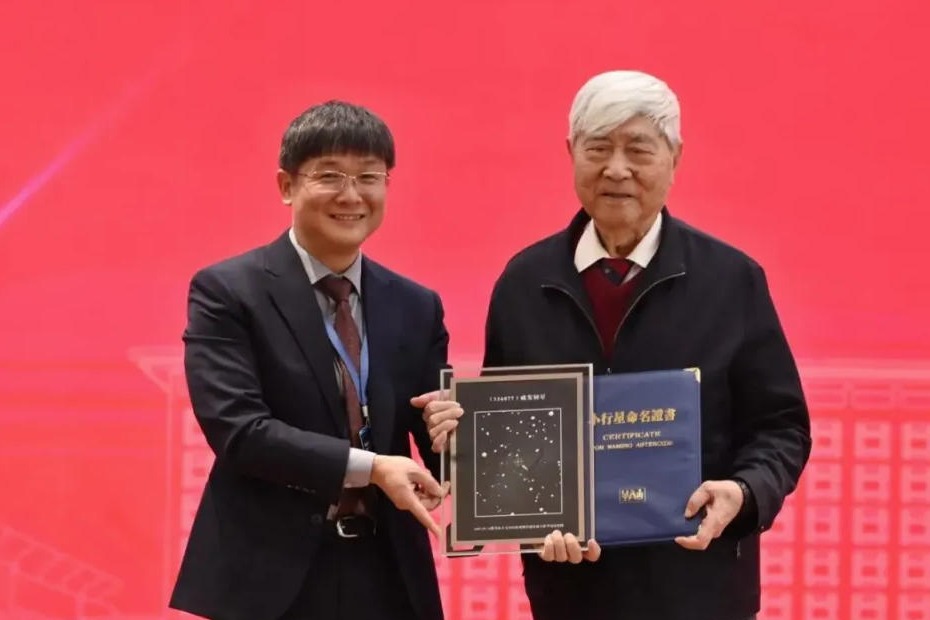Growing academic burden is a global problem

After-school education institutions and the intense academic burden facing students are not unique to China, and other countries face the same problem.
South Korea has some of the fiercest competition for education in the world. That has led to the rise of "goose families" - meaning the child lives overseas with their mother, while the father stays behind to make money, and family reunions require them to "migrate".
Jiang Yingmin, a professor at the Institute of International and Comparative Education at Beijing Normal University, said the goal for goose families is better fluency in English, which can lead to a better chance of attending a top college and securing a job at one of the country's giant conglomerates.
"Similar to China, many South Korean parents enroll their kids in private tutoring services, which are called hagwons. Not because their children are struggling, but because they want them to be the best, to outperform others and not fall behind," Jiang said.
"In 2016, about 80 percent of primary school students and more than 60 percent of middle school students in South Korea attended after-school cram classes, with parents spending around 114 billion yuan ($18 billion) - equivalent to about 30 percent of the country's education budget that year, she added.
The Washington Post reported that hagwons are so popular that the government in Seoul has issued a guideline forbidding extracurricular classes after 10 pm.
Meanwhile, the 2012 Program for International Student Assessment, one of the most widely cited measurements of global education, showed that teenagers in Shanghai spent 14 hours a week on homework; 4.8 times more than their South Korean counterparts.
In 2012, students from Shanghai, the only city on the Chinese mainland that took part in the assessment that year, achieved the highest score on the PISA mathematics test, suggesting that a greater volume of homework helps children achieve better test scores.
However, in 2015, the PISA scores of Chinese students fell in science, reading and mathematics, but they retained a top 10 ranking in science and math among the 72 participating economies.
Connor Jordan, who works at the Goldsmiths Confucius Institute for Dance and Performance at the University of London, said the United Kingdom underperforms China in PISA tests because the achievements of Chinese children in grades one to nine are the result of hard work, not innate ability.
"Pupils in Britain are generally under less academic pressure than their Chinese counterparts, and we place less emphasis on rote memorization and testing," Jordan said.
He added that instead of wanting their child to outperform classmates, British parents focus more on the development of social skills and individual talents.
"The fierce competition from an early age in China's education system helps Chinese students to become more competitive and prepared for future challenges."
- Ten keywords to highlight China's carbon reduction progress in 2025
- Sichuan breaks 100-m-kw mark in hydropower installed capacity
- 3 killed, 1 injured in South China knife attack
- Taiwan opposition lawmakers announce plan to impeach Lai Ching-te
- Half marathon route along Suzhou Creek in Putuo
- People across China hold diverse events to mark Winter Solstice




































